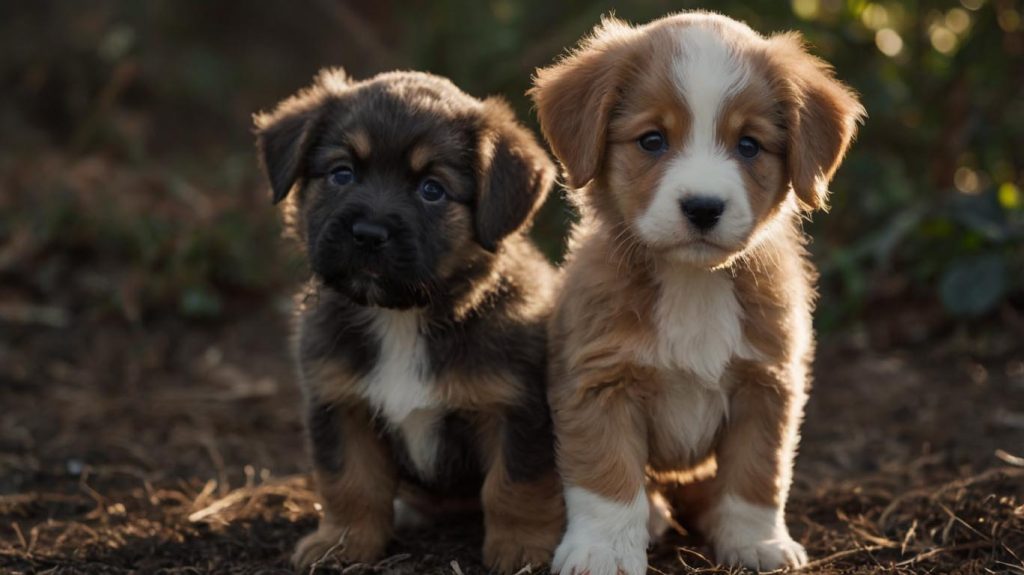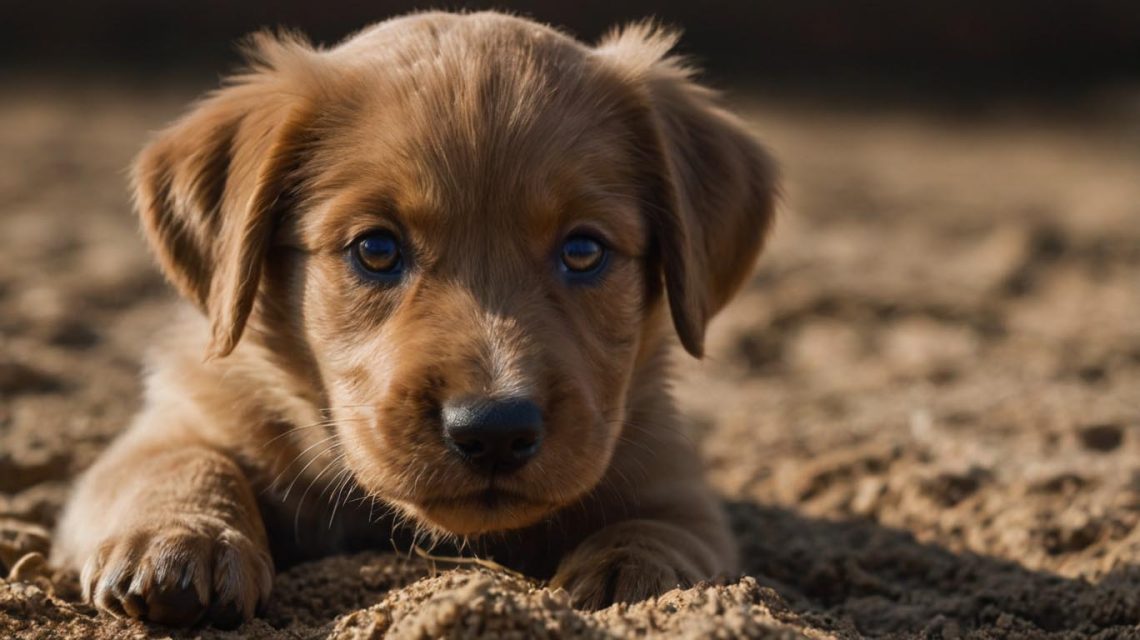Bringing home a new puppy is an exciting and joyful experience, but it also comes with challenges. Puppies are curious, playful, and full of energy, but without proper training, their adorable behavior can quickly turn into chaos. The good news? With the right new puppy training tips, you can guide your furry friend to become a well-behaved and happy member of your family.
In this guide, we’ll cover essential training techniques, common mistakes to avoid, and tips to build a strong bond with your puppy. Whether you’re a first-time puppy parent or a seasoned dog owner, these insights will set you and your puppy up for success.
Why New Puppy Training Tips Are Essential
Proper training is about more than just teaching commands—it’s about creating structure, trust, and lifelong habits.
The Importance of Puppy Training
- Prevents Bad Behavior: Stops chewing, excessive barking, and accidents indoors.
- Ensures Safety: Commands like “Come” and “Stay” can prevent dangerous situations.
- Strengthens Bond: Training builds trust and deepens your connection.
- Encourages Socialization: Well-trained puppies adapt better to new environments and people.
When to Start Training Your Puppy
Start training as soon as you bring your puppy home, usually around 8 weeks old. Puppies are fast learners, and early training sets the stage for good behavior.
New Puppy Training Tips for Beginners
Training your puppy doesn’t have to be overwhelming. Start with these simple steps to build a solid foundation.
1. Use Positive Reinforcement
- Reward good behavior with treats, praise, or playtime.
- Avoid scolding or punishment—it can create fear and confusion.
2. Be Consistent
- Use the same commands and gestures for each action.
- Ensure everyone in the household follows the same rules.
3. Start with Basic Commands
Begin with these essential commands:
- Sit
- Stay
- Come
- Leave it
Short, frequent training sessions (5–10 minutes) are more effective than long ones.
House Training: A Key Part of New Puppy Training Tips
House training is one of the first challenges you’ll face with a new puppy.
1. Set a Routine
- Take your puppy out first thing in the morning, after meals, and before bedtime.
- Stick to a consistent schedule to reduce accidents.
2. Reward Success
- Praise and reward your puppy immediately after they do their business outside.
- Avoid punishment for accidents—they are a normal part of the process.
3. Watch for Signs
Look for cues like sniffing, circling, or whining, which indicate your puppy needs to go out.
Socialization: Essential New Puppy Training Tips
Socialization helps your puppy grow into a confident, well-adjusted dog.
1. Introduce New Experiences Gradually
- Expose your puppy to different people, places, and sounds.
- Keep experiences positive and stress-free.
2. Organize Playdates
- Let your puppy interact with other dogs and puppies in a safe environment.
- Supervise playtime to prevent rough behavior.
3. Encourage Calm Behavior
- Reward calm reactions to new stimuli.
- Avoid forcing interactions if your puppy seems scared or overwhelmed.
New Puppy Training Tips for Leash Walking
Leash training is essential for safe outdoor adventures.
1. Start Indoors
- Introduce your puppy to the leash and collar inside the house.
- Let them wear it for short periods to get comfortable.
2. Practice Short Walks
- Begin with short, positive walks in a quiet area.
- Reward your puppy for walking calmly beside you.
3. Correct Pulling Gently
- Stop walking if your puppy pulls on the leash.
- Reward them when they return to your side.

Avoid These Common Puppy Training Mistakes
Even with the best intentions, training mistakes can happen.
1. Being Inconsistent
- Mixed signals can confuse your puppy.
- Stick to clear commands and rules.
2. Skipping Socialization
- Puppies that miss early socialization can develop fear or aggression.
3. Overtraining
- Puppies have short attention spans.
- Keep training sessions short and fun.
Building Trust: The Core of New Puppy Training Tips
Trust is the foundation of every training session.
1. Spend Quality Time Together
- Play, cuddle, and enjoy quiet moments with your puppy.
2. Be Patient
- Puppies are learning every day—mistakes are part of the process.
3. Celebrate Small Wins
- Every little success deserves praise.
Real-Life Story: Max’s Training Success
Max, a 10-week-old Labrador puppy, struggled with leash pulling and house training. His owner, Sarah, followed these new puppy training tips: short training sessions, consistent routines, and positive reinforcement.
Within weeks, Max was walking calmly on a leash and signaling when he needed to go outside.
This success story shows that patience, consistency, and love make all the difference in puppy training.
Final Thoughts on New Puppy Training Tips
Training a new puppy takes time, patience, and dedication. However, the rewards—a well-behaved, happy dog and a deep bond—are worth every effort.
Start early, stay consistent, and most importantly, enjoy every moment of this journey. With these new puppy training tips, you’ll create a strong foundation for a lifetime of happiness with your furry friend.
FAQs About New Puppy Training Tips
How long should puppy training sessions be?
Keep sessions short—around 5–10 minutes, multiple times a day.
When should I start training my puppy?
Start training as soon as your puppy arrives home, around 8 weeks old.
What’s the most important command to teach a puppy?
The “Come” command is crucial for safety and control.
How do I stop my puppy from biting?
Redirect biting to toys and discourage play biting with positive cues.


